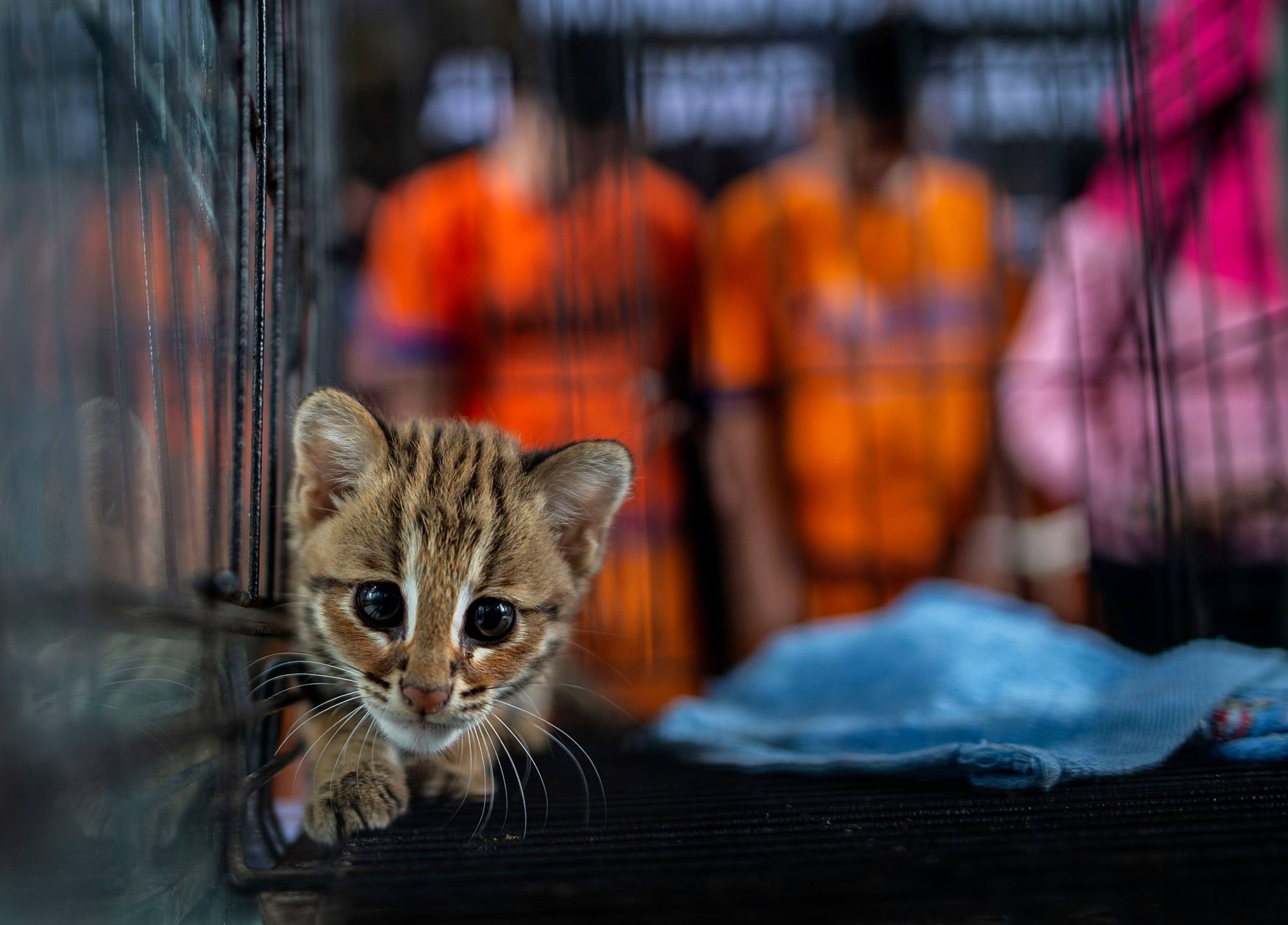
Coronavirus vaccine scams pose a growing threat to the global economy and public health
- If left unchecked, trade in counterfeit goods has the potential to grow at a time when we face an unprecedented health and economic crisis
- Consumers must be vigilant amid increasing demand for vaccines and not let counterfeiters capitalise on their fear and impatience
The alarm call highlights the growing threat of illegal trade and counterfeit goods. If left unchecked, it risks allowing the illegal industry to grow at a time when we face an unprecedented health and economic crisis.
Substandard and falsified medicines can also create a false sense of security, leaving the individual vulnerable to infection and increasing the risk of transmission of the illness to others.
According to Oded Vanunu, head of product vulnerabilities research at Check Point, illicit activity has exploded in the past couple of months, from just a few hundred ads for the Moderna or Pfizer vaccines to more than 1,000 for numerous brands.
The amount of money to be made by organised criminal networks from counterfeit vaccines is staggering.
According to figures from the European Anti-Fraud Office, the various fake scams or offers accounted for some 1 billion doses of fake vaccines in the European Union at the beginning of April, worth an estimated 14 billion euros (US$16.8 billion).
As a result, business supply chains are disjointed and law enforcement and border agencies are stretched, allowing criminal networks to strengthen their hold on the black market.
Not only do counterfeit and substandard goods pose an enormous threat to public health, they also rob the global economy.

To understand the scale of the problem, the International Chamber of Commerce predicts that global counterfeit trade will reach US$4.2 trillion by 2022, primarily fuelled by e-commerce.
Without effective public policy and more stringent law enforcement, it is reasonable to suggest that the illicit trade in pharmaceuticals will probably go the same way as illicit tobacco.
At a time of increasing demand, we must not let the counterfeiters capitalise on our fear and impatience. Consumers must be vigilant and policymakers proactive.
The promising vaccines becoming available provide hope that the end of the pandemic is in sight, but only if the public is treated with safe and effective drugs in the form of legitimate vaccines.
Dr Kristina M. L. Acri, née Lybecker, is an associate professor of economics at Colorado College and a senior fellow at the Fraser Institute


